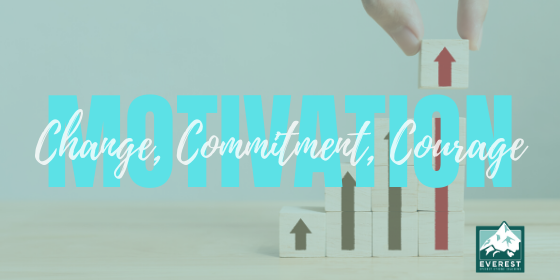This present climate of sheltering-in-place has brought up a variety of concerns, expectations, emotions, and self-reflection.
Being a clinical psychologist, mother, and part of various interest groups, I have had the opportunity to hear the gamut of experiences. Some were excited for the “time off” from school and work. Some were happy to reclaim commute time be theirs, thrilled to be able to sleep in or be home with family for dinner.
After a couple weeks when it became clear the quarantine would last longer than initially expected, people started making real plans. They were going to finally get to exercising in the morning, making a schedule, painting their house, learning a new language, the guitar, reading or writing that novel they had been meaning to get to, etc. But the next day, week, and month came, and many are still monolingual, can’t play the guitar, staring at walls that ought to be painted, and the stack of books still waiting to be read. So many good ideas, so many good intentions, so many expectations, and unfortunately so few results.
Is Self-Control the Culprit?
Typically, before shelter-at-home, the explanation has been lack of time or too many other commitments, getting home too late and being too tired on weekends. But now, when we have more time on our hands than ever, what is truly holding us back? What is the obstacle?
People often point to their lack of self-control. They feel weak, lazy, or just plain incompetent. Some even think they are addicted to tv or video games. Most of the time, however, none of these explanations is true. So what is really going on?
Success Begins with Vision.
Whatever you are trying to achieve, success begins with a vision. You need to know what the end goal is. Are you looking to be fluent in conversational German within 6 months? Are you hoping to lose 10 pounds over the next year or be able to do 10 consecutive chin-ups by the end of the summer? Or get your entire house repainted before the 4th of July? Whatever it is, you need to be clear on the “what,” the “when.” and the “why.” And the clearer you are on your “why,” the more power you will have as you pursue your goals.
What’s your motivation?
Perhaps you can list several reasons, such as: 1. It’s always been your dream; 2. You want to prove to yourself you can work toward a big challenge, push your body to the limit; 3. Maybe you see this as a gateway to better habits. If that is the case, keep going with it. And then dig deeper.
What is the basis for those motivations?
How will accomplishing these goals improve your life? How will you feel once it’s done? Perhaps you will find yourself to be a better conversationalist now that you’ve completed a course on 15th century history or expect to see career growth because you got certified in programming.
Write it down.
The next step is to write down these goals, their underlying motivators, and the expected gains. Make a “motivation tree” as you add “branches” to each goal outlining deeper and deeper why’s. Research has shown that spending time journaling a few minutes each night leads to greater success. Spending time visualizing your success has also been proven to significantly increase your chances.
For many live has been turned upside down during this quarantine. And whether that’s true for you or you have managed to be comfortable during this quarantine, you may have had a similar experience at some point: a goal but no follow-through. Of course it’s a cliché: Today is the first day of the rest of your life. But it’s true, too. So why not pick up your notebook and get started.
And, of course, if you need help, please reach out.

